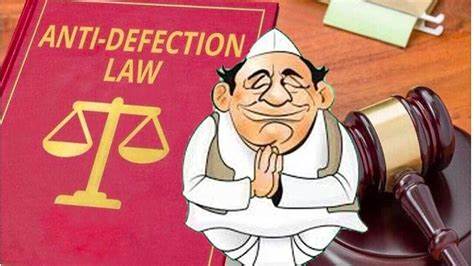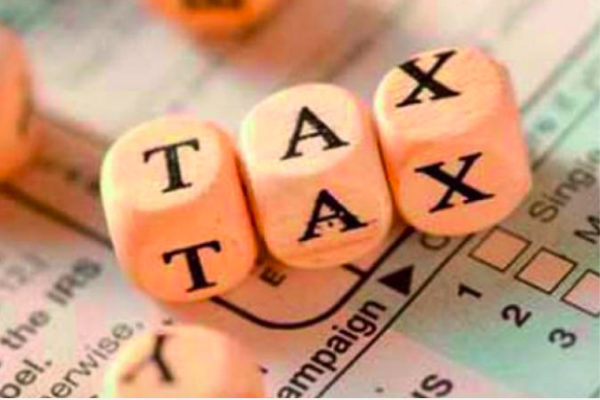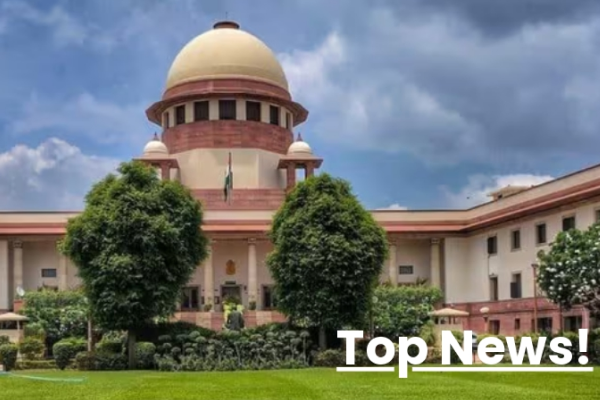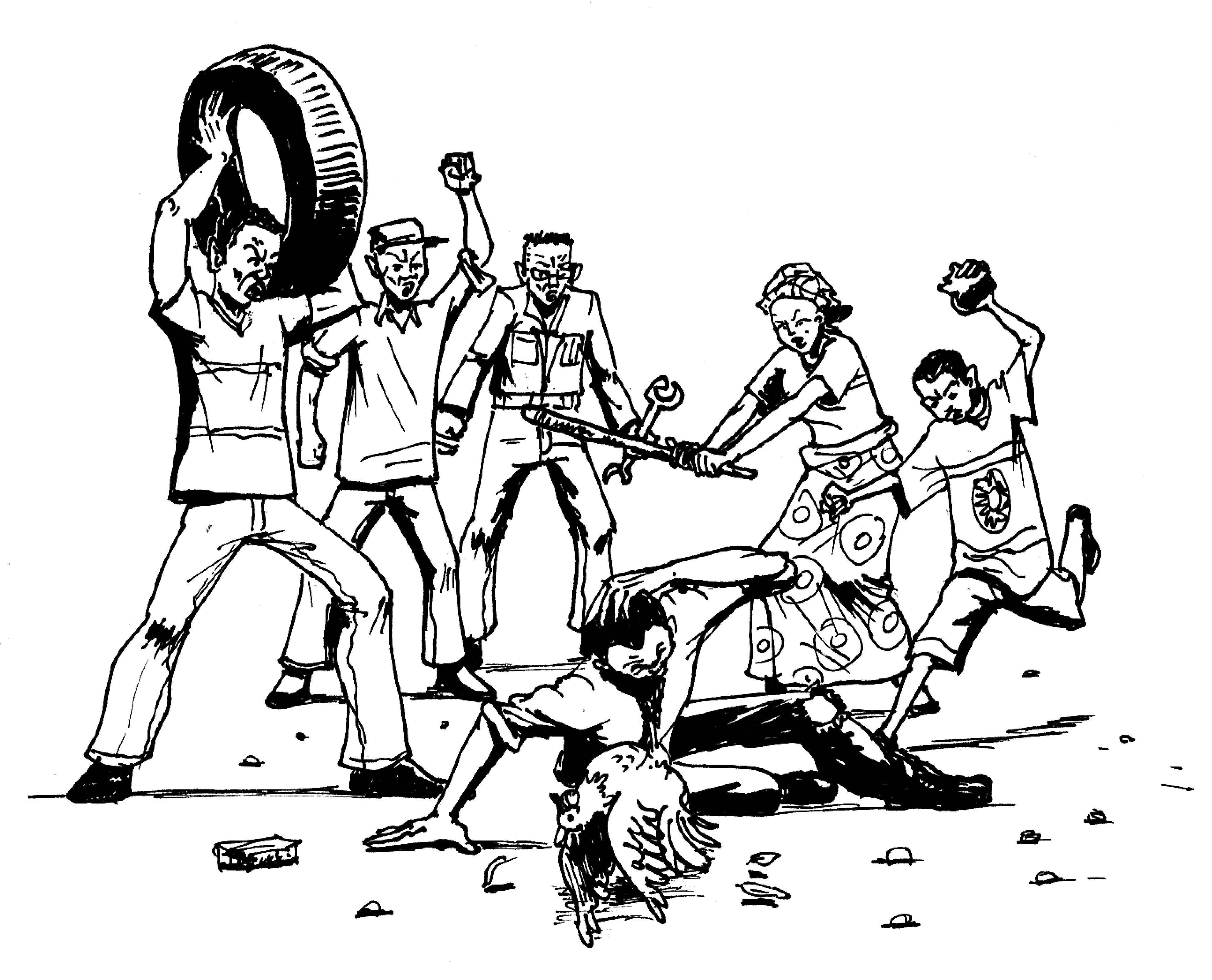
March 15, 2022
Mahek Goel
ANTI DEFECTION LAW- CURBING POLITICAL DEFECTION REMAIN A MYTH OR REALITY?
INTRODUCTION
In layman language, Defection means to leave a political party and join another political party when elected on grounds of first political party candidacy. The existence of multiparty system, horse trading i.e., the run for power through switching political sides and corruption practices was highly prevalent which led to 52nd amendment of the Constitution in 1985 which introduced 10th schedule in the Constitution. The main objective was to keep governments stable and protect them against legislative defections from the treasury benches.
CRITICAL ANALYSIS OF JUDICIAL POSITION
The wide discretionary adjudicative power of Speaker or Chairman and the binding nature of decision making was challenged along with the constitutional principles of freedom of speech and expression. The Supreme Court in Kihota Hollohan v. Zachilhu and Ors, held that the provisions of 10th Schedule of Indian Constitution does not violate freedom of speech, conscience and voting of the members. But it declared paragraph 7 as unconstitutional and the decision of the speaker shall be subjected to judicial review and no judicial intervention shall be made until the presiding officer gives his order. Such final decision shall be further appealed in High Court and Supreme Court. Further, the 91st amendment does not give the right to the speaker to bar the members from elections but face sanctions under Articles 75(1B), 164(1B), and 361(1B) of the constitution, which prohibit members from holding any remunerative position until the conclusion of the disqualification period. Also, the speaker acting as a tribunal shall adjudicate disqualification petitions within a reasonable period wherein the reasonable period shall depend on the facts of case and maximum limit shall be of three months unless any exceptional cases.
The phrase ‘voluntary giving up’ is disputed in the Schedule on grounds of expulsion, resignation and dissent if amounts to giving up on membership. Firstly, resignation is not synonymous with the phrase and inference can be drawn from conduct of member of the political party to which he belongs in absence of formal resignation. Secondly, when a member is expelled, the court treats him as an 'unattached' member but he remains a member of the old party. This draws relation to the Parliamentary debate relating to Constitution (52nd amendment) Bill, 1985, wherein sub clause (c) has been omitted from final bill, on grounds to include member been expelled from any political party in accordance with the established procedure. Thirdly, order of suspension beyond the session is ‘unconstitutional’, ‘illegal’ and beyond the powers of the assembly.
The court has addressed grievances regarding the exemption relating to merger wherein the para 1 and 2 are read separately or in consonance with each other. The High court of Bombay at Goa, considered the 10 out of 15 members leaving CLP and joining BJP to fall under exemption whereas Goa Congress President moved to Supreme Court challenging the decision on grounds that merger of original political party is a necessary pre-condition for members of legislature party which is absent and construing merger at the hands of 2/3rd criteria shall disrobe INC of any role with respect to merger and leaving it at the mercy of the legislature party.
The power of legislature has been adjudged wherein the Court stated that the Legislature's inherent power is not absolute. The use of power by the Legislature would be considered unconstitutional the moment it is proven that any of the rights under Part III of the Constitution, including those ascribable to Articles 14 and 21, have been violated. The Court highlighted that the legislative process is not immune from judicial scrutiny if it is tainted by substantial or flagrant illegality or unconstitutionality.
CONCLUSION
The critical understanding brings us to the consonance that it is highly needed for the anti -defection law to be amended with current circumstances. There is a need for the political parties to strengthen the intra-party democracy to ensure government stability. The chairman or speaker lacks legal knowledge to function as a tribunal and its power affects doctrine of separation of powers and shall be transferred to higher judiciary or election commission. The grounds of disqualification and exemptions is very vague and needs modification and shall also include provisions pertaining to nominated as well as independent members. Lastly, political parties should confine the use of whips to situations in which the government is in danger.





